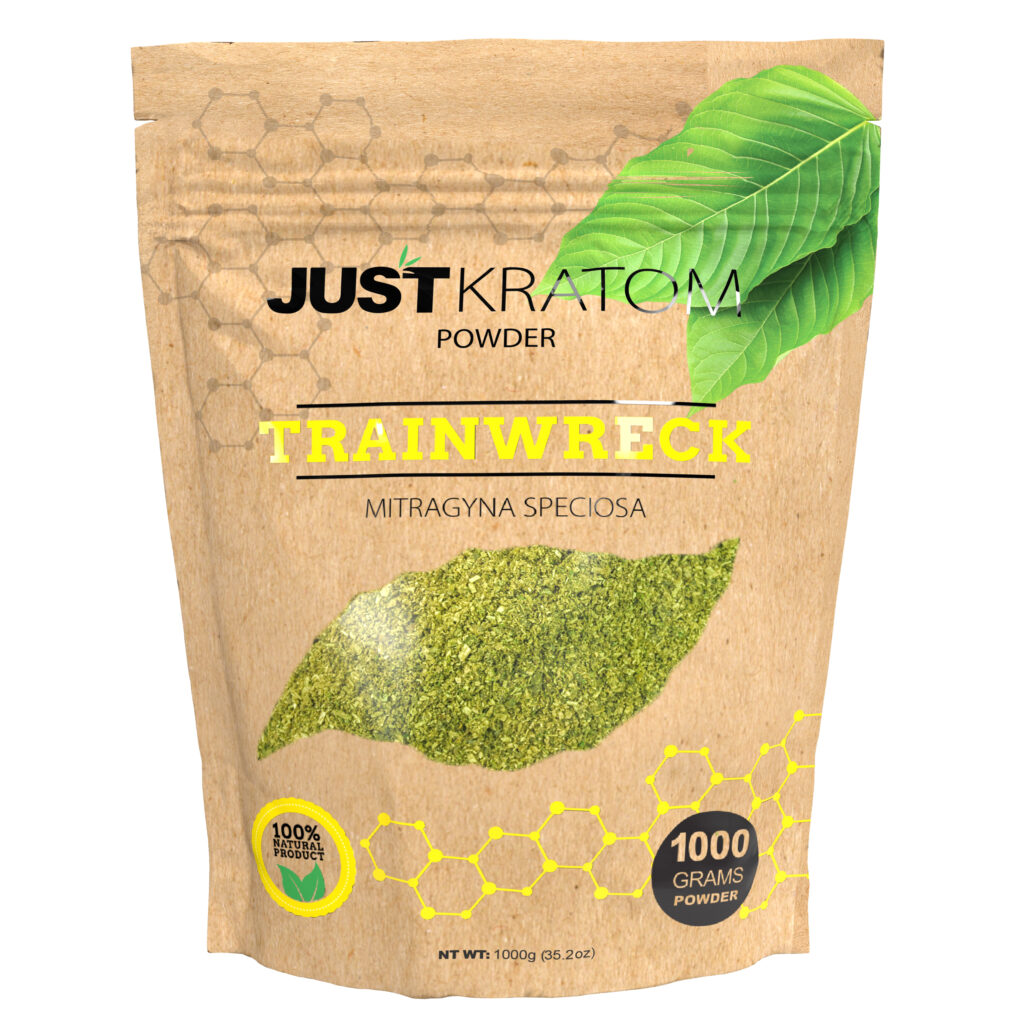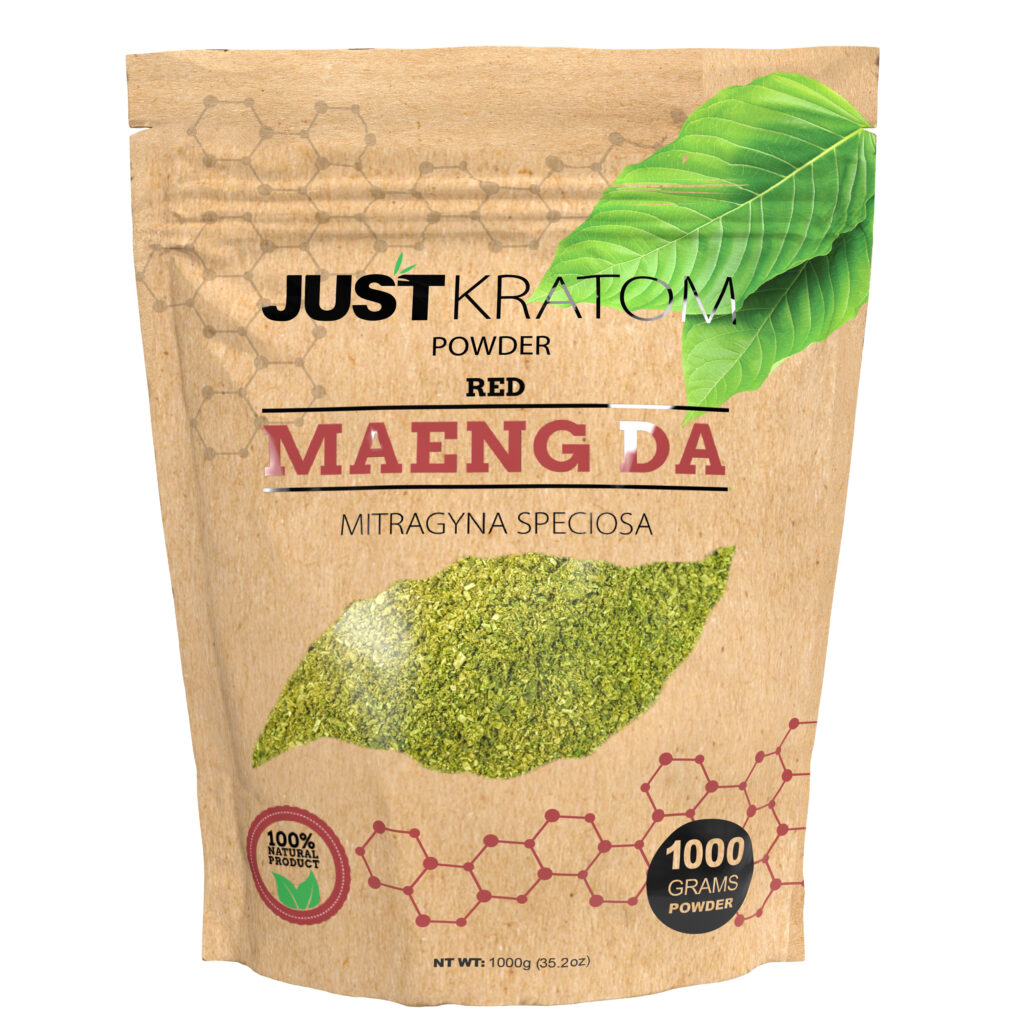Potential Benefits of Kratom for Athletic Performance
Athletes are constantly seeking ways to optimize their performance, whether it be improving endurance, reducing pain, or boosting energy levels. Kratom, an herbal supplement derived from the leaves of the Mitragyna speciosa tree, has gained popularity as a potential tool for enhancing athletic performance. Proponents suggest that kratom’s unique effects on the body may offer several advantages for athletes, including increased stamina, reduced muscle soreness, and enhanced focus.
Increased Energy and Endurance
Kratom contains compounds called mitragynine and 7-hydroxymitragynine, which interact with opioid receptors in the brain and body. These interactions are thought to contribute to kratom’s potential benefits for athletes. Some studies suggest that kratom may increase energy levels and reduce fatigue, potentially improving endurance during training and competitions.
Additionally, kratom has been reported to have analgesic effects, which could help athletes manage pain associated with muscle strain or injury. By reducing pain perception, kratom might allow athletes to train harder and longer, leading to improved performance over time. Some athletes also report that kratom enhances their focus and concentration, allowing them to perform at their best during competitions.
However, it’s important to note that research on kratom’s effects on athletic performance is limited and more studies are needed to confirm these potential benefits. Moreover, kratom use can have side effects such as nausea, constipation, and dizziness. It is crucial for athletes considering using kratom to consult with a healthcare professional to weigh the potential risks and benefits.
Improved Pain Management
Kratom’s potential benefits for athletic performance stem from its interaction with opioid receptors in the brain and body. Compounds like mitragynine and 7-hydroxymitragynine may contribute to increased energy levels, reduced fatigue, and pain management.
These effects could translate into improved endurance during training and competitions, as well as enhanced focus and concentration during performance. Furthermore, kratom’s potential analgesic properties might allow athletes to manage pain associated with muscle strain or injury, enabling them to train harder and longer.
Enhanced Muscle Recovery
Kratom’s potential benefits for athletic performance are primarily linked to its effects on energy levels, pain management, and focus. The compounds mitragynine and 7-hydroxymitragynine found in kratom interact with opioid receptors in the brain and body, which may contribute to increased stamina and reduced fatigue during training.
Athletes experiencing muscle soreness or minor injuries might find relief through kratom’s potential analgesic effects, allowing them to continue training and recover more efficiently. Additionally, some athletes report that kratom enhances their focus and concentration, potentially improving performance in competitive settings.
Risks and Side Effects of Kratom Use in Athletics
While kratom is touted by some as a performance enhancer for athletes, its use carries potential risks and side effects that should be carefully considered.
Potential for Dependence and Addiction
Kratom’s effects on the body are due to its interaction with opioid receptors, similar to how prescription pain medications work. While this can lead to benefits like increased energy and pain reduction, it also increases the risk of dependence and addiction.

- Regular kratom use can lead to tolerance, meaning athletes may need higher doses to achieve the same effects.
- Withdrawal symptoms, such as nausea, muscle aches, and anxiety, can occur when kratom use is stopped.
These factors make kratom a risky choice for athletes who are already under pressure to perform at their best. Dependence on kratom could negatively impact an athlete’s health, performance, and career.
Adverse Reactions and Health Concerns
Kratom use in athletics is controversial due to potential risks and adverse reactions. While some athletes believe kratom enhances performance by increasing energy, reducing pain, and improving focus, the scientific evidence supporting these claims is limited.
One major concern is kratom’s interaction with opioid receptors. This can lead to dependence and addiction, which are detrimental to an athlete’s health and career. Regular use may result in tolerance, requiring higher doses for the desired effects, and withdrawal symptoms like nausea, muscle aches, and anxiety upon discontinuation.
Furthermore, kratom can cause adverse reactions such as nausea, constipation, dizziness, and increased heart rate. These side effects can interfere with training and competition, potentially compromising athletic performance.
Due to these risks, athletes should carefully consider the potential consequences before using kratom. Consulting with a healthcare professional is crucial to assess individual health status and weigh the potential benefits against the risks.
Interactions with Medications and Supplements
Kratom’s potential effects on athletic performance are primarily linked to its interaction with opioid receptors in the brain and body. Compounds like mitragynine and 7-hydroxymitragynine found in kratom may contribute to increased stamina and reduced fatigue during training. Athletes experiencing muscle soreness or minor injuries might find relief through kratom’s potential analgesic effects, allowing them to continue training and recover more efficiently. Additionally, some athletes report that kratom enhances their focus and concentration, potentially improving performance in competitive settings.
While kratom is touted by some as a performance enhancer for athletes, its use carries potential risks and side effects that should be carefully considered. Kratom’s effects on the body are due to its interaction with opioid receptors, similar to how prescription pain medications work. While this can lead to benefits like increased energy and pain reduction, it also increases the risk of dependence and addiction.
- Regular kratom use can lead to tolerance, meaning athletes may need higher doses to achieve the same effects.
- Withdrawal symptoms, such as nausea, muscle aches, and anxiety, can occur when kratom use is stopped.
These factors make kratom a risky choice for athletes who are already under pressure to perform at their best. Dependence on kratom could negatively impact an athlete’s health, performance, and career. Kratom also interacts with various medications and supplements, potentially leading to unpredictable and harmful effects. Athletes should always consult with a healthcare professional before using kratom to assess potential risks and interactions.
Legal Status and Regulations
The legal status of kratom varies significantly around the world. In some countries, it is legal and readily available as a dietary supplement. However, in others, it is banned entirely or has strict regulations governing its production, sale, and possession. The United States federal government currently does not classify kratom as a controlled substance, but several states have enacted their own bans or restrictions on kratom sales.
Varying Laws Across Jurisdictions
The legal status of kratom varies widely across jurisdictions. In some countries, it is legal and available over the counter as a dietary supplement. However, other countries have completely banned it or implemented strict regulations concerning its production, sale, and possession.
Within the United States, while the federal government does not currently classify kratom as a controlled substance, several individual states have chosen to ban or restrict its sale.
This patchwork of regulations creates a complex landscape for individuals considering using kratom, as legality can depend on their location.
Implications for Athletes Competing Internationally
Kratom’s legal status is complex and varies significantly across the globe. In some countries, it is legally available as a dietary supplement, while others have implemented complete bans or stringent regulations regarding its production, sale, and possession.
Within the United States, kratom’s legal standing is particularly intricate. At the federal level, it is not classified as a controlled substance. However, numerous individual states have enacted their own legislation, resulting in varying levels of restrictions or outright prohibitions on kratom sales.
This patchwork of regulations creates a challenging landscape for athletes who may be considering using kratom. Athletes must carefully research the legal status of kratom in their respective countries and states to ensure compliance with local laws.
Ethical Considerations in Athletic Performance Enhancement
The use of performance-enhancing substances in athletics is a complex and ethically charged issue. While athletes are constantly seeking ways to improve their abilities, the line between acceptable training methods and the use of banned substances is often blurred. Kratom, an herbal supplement derived from the Mitragyna speciosa tree, has emerged as a potential performance enhancer, raising important ethical questions about its use in competitive sports.
Fair Play and Level Playing Field
The use of performance-enhancing substances in athletics is a complex and ethically charged issue. While athletes are constantly seeking ways to improve their abilities, the line between acceptable training methods and the use of banned substances is often blurred. Kratom, an herbal supplement derived from the Mitragyna speciosa tree, has emerged as a potential performance enhancer, raising important ethical questions about its use in competitive sports.

One key ethical concern is fairness. When athletes use substances like kratom to enhance their performance, they gain an unfair advantage over those who choose not to use them. This undermines the principle of fair play, which is fundamental to any competitive sport.
Another ethical consideration is athlete health. Kratom can have adverse effects, including dependence and addiction. Athletes may be tempted to use kratom to improve their performance, even if they are aware of the risks involved.
The long-term health consequences of kratom use in athletes are not yet fully understood, raising concerns about potential harm. Additionally, the lack of regulation surrounding kratom means that athletes may not always be aware of the purity or quality of the products they are consuming.
Furthermore, the use of kratom in sports raises questions about the integrity of competition. If athletes are using substances to enhance their performance, it can cast doubt on the legitimacy of their achievements.
Ultimately, the ethical implications of kratom use in athletics are complex and multifaceted. Striking a balance between athlete autonomy, fairness, and health is crucial for maintaining the integrity and spirit of competitive sport.
Transparency and Athlete Responsibility
The use of performance-enhancing substances in athletics raises many ethical considerations. While athletes strive to optimize their performance, the line between acceptable training methods and the use of banned substances can be blurry. Kratom, an herbal supplement with potential performance-enhancing effects, has sparked debate about its ethical implications in competitive sports.
A core ethical concern is fairness. When athletes utilize substances like kratom to gain an edge over competitors who choose not to, it undermines the principle of fair play, a cornerstone of any sport. This raises questions about the level playing field and the legitimacy of achievements obtained through artificial means.
Athlete health is another crucial ethical consideration. Kratom can have adverse effects, including dependence and addiction. Athletes may be tempted to use kratom despite potential risks, driven by the desire to enhance their performance. The long-term health consequences of kratom use in athletes are not yet fully understood, raising concerns about potential harm.

Transparency and athlete responsibility also play a vital role in this ethical debate. Athletes have a responsibility to be transparent about their training methods and substance use. Open communication with coaches, medical professionals, and governing bodies is essential for ensuring ethical practices and protecting athletes’ well-being.
Ultimately, the ethical implications of kratom use in athletics are complex. Balancing athlete autonomy, fairness, health, and transparency is crucial for maintaining the integrity and spirit of competitive sports.
Order Kratom Powder for stress relief
- Exosome Therapy For Skin Rejuvenation Near Effingham, Surrey - May 13, 2025
- How To Spot Fake Or Contaminated Kratom Powder - May 13, 2025
- Redensity 1 Skin Booster Treatments Near Newdigate, Surrey - May 13, 2025
